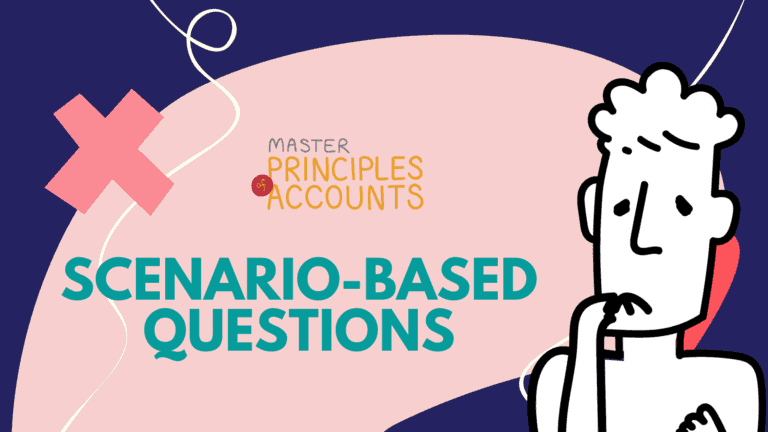Scenario Based Questions
For The New GCE 0/N Level 7086/7087 Principles Of Accounts Syllabus First Examinable In 2021. “Scenario Based Questions is difficult because it’s so new!” Unchartered Waters – For Who? The problem of SBQs being ‘challenging’ has nothing to do with the students,– they are learning Principles of Accounts only in Sec 3. Everything will be…


